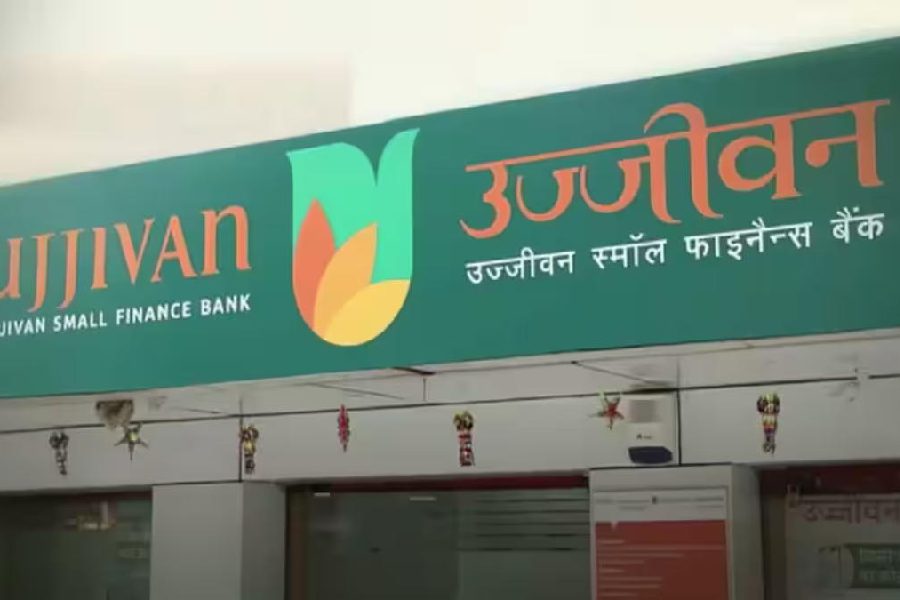Ujjivan Small Finance Bank is gearing up to take the next step towards becoming a universal bank.
The Bangalore-based bank’s board is likely to take up the proposal next fiscal and seek the Reserve Bank of India's approval.
Certain steps of the transition are coming together — the reverse merger process of the holding company (Ujjivan Financial Services Limited) with the bank is nearing completion. The bank informed in its Q1FY24 earnings call that the hearing of the application with the NCLT has completed on June 28 and an order is expected soon.
The bank has laid out a plan to expand the share of secured lending. As of June 2023, 27 per cent of the gross loan book of the bank was secured and the remaining 73 per cent is through unsecured lending in microfinance. The bank may also explore inorganic options should the need arise to scale up the secured books faster.
“Over the next 3 years, we are looking to bring down the share of unsecured lending to 60 per cent. The remaining 40 per cent will be secured lending through housing finance, MSME, vehicle finance and gold loan,” Ittira Davis, MD and CEO, Ujjivan Small Finance Bank, told The Telegraph.
The bank has also planned a major branch expansion in FY24. As of June 2023, the small finance bank had 661 banking outlets in 25 states and Union territories. However, around 40.7 per cent of the gross loan book of the bank is from three states — Tamil Nadu, Karnataka and Bengal.
“In FY24, we are planning to add 104 branches across the country and add more staff. We are looking at growing our portfolio in other states as well,” Davis said. In Q1FY24, the bank acquired 2.6 lakh new customers and with the planned branch expansion, the bank hopes to add 10 lakh new customers during the year.
The bank is also looking to open asset centres across the country to drive credit growth, expand its digital offerings, revamp the MSME loans and add more third-party offerings such as mutual funds in a bid to grow its business and customer base.
Davis said that the bank has also been able to substantially bring down the gross NPA levels which had shot up to 9.8 per cent in June 2021 to 2.4 per cent in June 2023. “We are continuing to see good traction for collection efficiency,” he said.











